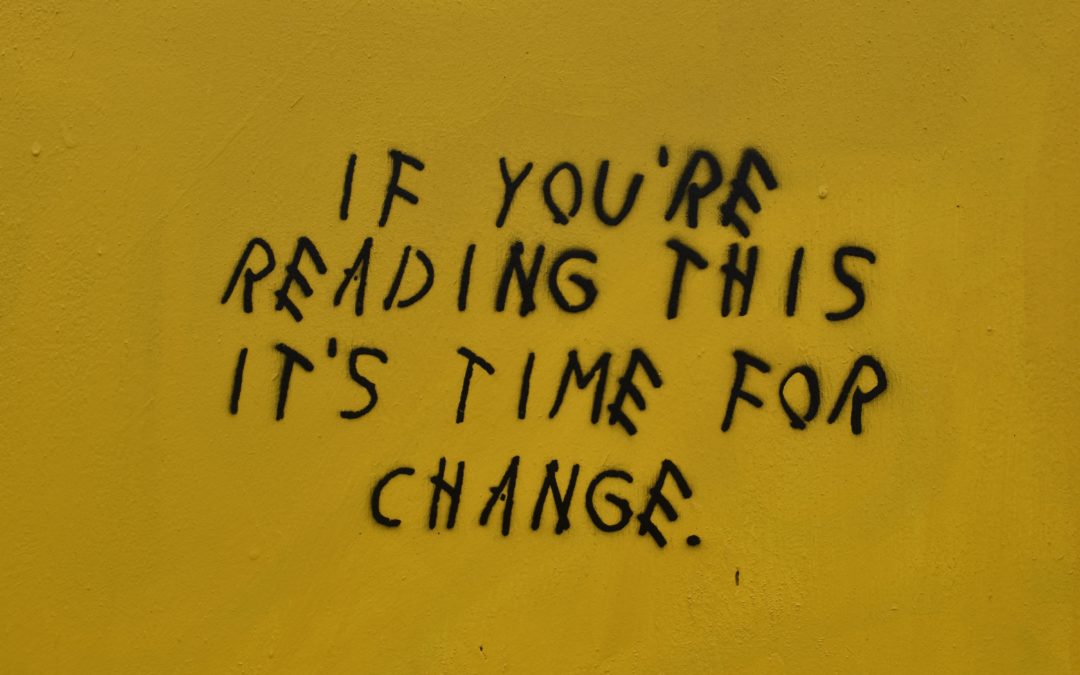“So what does progress, change, look like?” In the middle of reaching down to take a bite of my sandwich, I stopped and looked up blankly at my friend not knowing how to respond. Within academia, I learned about inspiring social movements that transformed the world we live in today. However, what is effective today—what mobilizes positive change in the professional world—was something I had no extensive personal experience with. I could not grasp specific lived experiences when attempting to form my answer to the question. So, with a sense of conviction and aspiration, I responded “I’m not sure, but I hope to find out.”
Prior to my experience at the National Wildlife Federation, I had minimal knowledge of wildlife conservation. This lack of reference inspired a sense of enthusiasm and curiosity for the field.
With an interest in law and policy, I began by reviewing the NWFs policy agenda. Upon exploring, I learned about a multitude of varying initiatives such as clean energy, public lands, environmental education, and more. During this process, my framework of the intersectionality of these issues expanded and I learned more about how NWF creates positive change and ultimate progress in social, economic, and political spheres. As I’ve continued my time at NWF, I’ve come to learn more about how these issues are cohesive and how the integration of fields is utilized to advance advocacy efforts.
For instance, a prominent point of commonality among said issues was the effect of climate change and its impact on initiatives regarding these issues. Thereby, closely underlying its effect on underresourced communities. For instance, the 2023 Farm Bill seeks to provide funding for conservation programs that would allow farmers, ranchers, and foresters to engage in wildlife conservation practices which would positively impact the effects of climate change. It also proposes reforms within the USDA in order to prevent discrimination on the basis of race and ethnic background as well as ensures opportunity for participation in programs that allow farmers to retain ownership of their land. Further, in addition to focusing on the current generation of farmers, this bill works towards aiding future generations as well. It provides that there should be additional funding for HBCUs, Hispanic-serving institutions, Tribal organizations, and more.
Another viable pathway toward advancing legislation such as this is through cultivating spaces for productive discourse. I’m very thankful to be able to contribute to an upcoming Hispanic Women in Conservation panel where topics including environmental justice, wildlife conservation, and public lands will be discussed. With a focus on past accomplishments, the work that is being done in the present, and the future, advocates will gather and present to journalists and non-governmental organizations.
The issues we seek to address today are often closely or to some extent related. Many, in ways we may have not previously known. This experience has allowed me to see that progress is made through the incorporation and implementation of communications, policy, law, organizing, collaboration, and so much more. It is through the merging of these that efforts to create a positive impact are advanced and reflects what progress, change, looks like.

